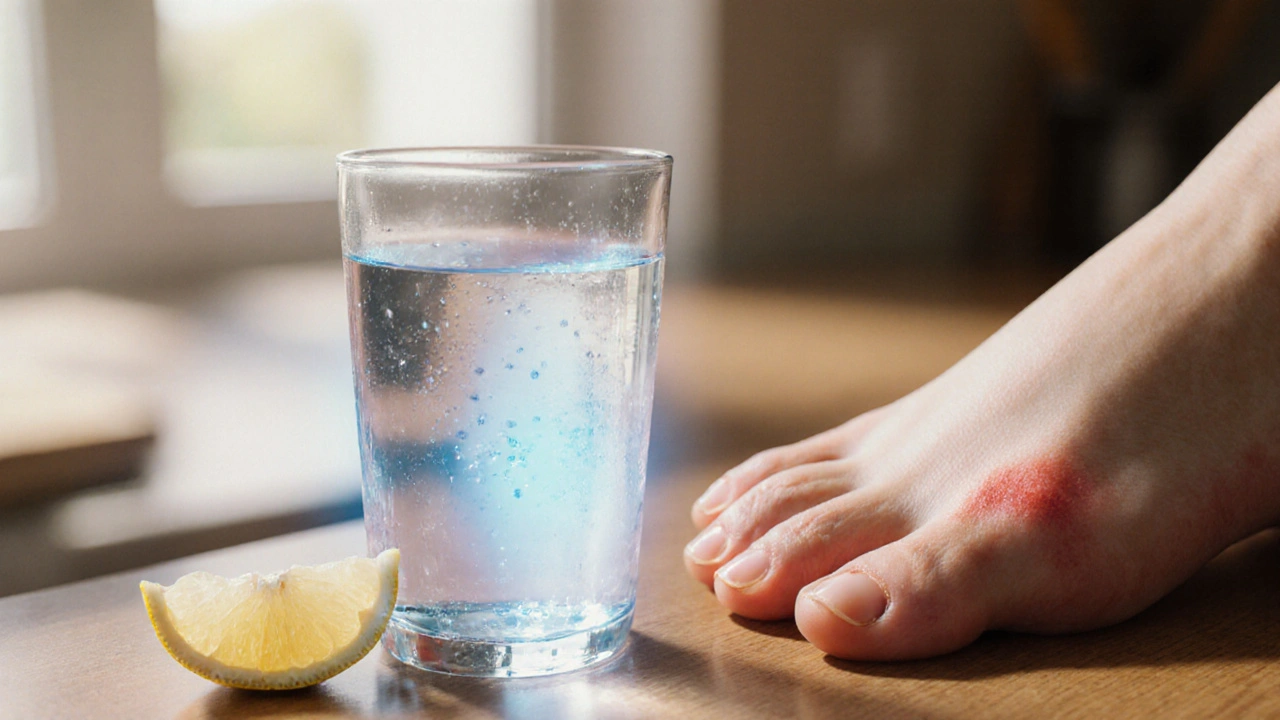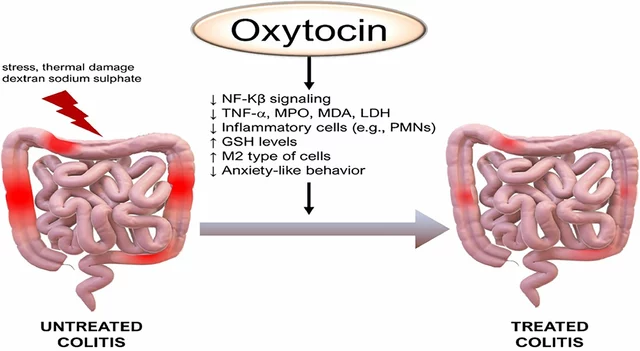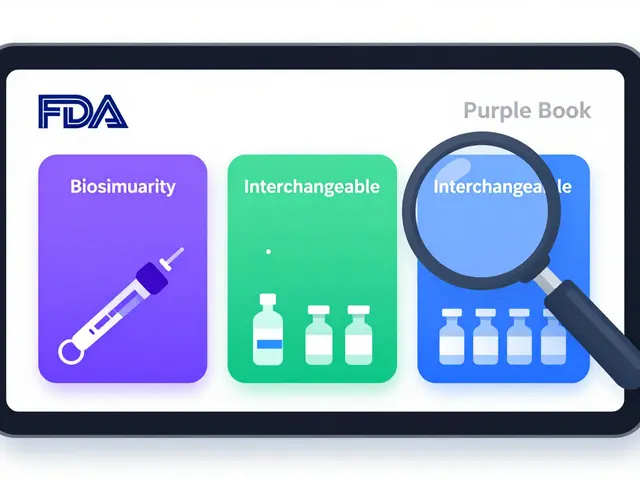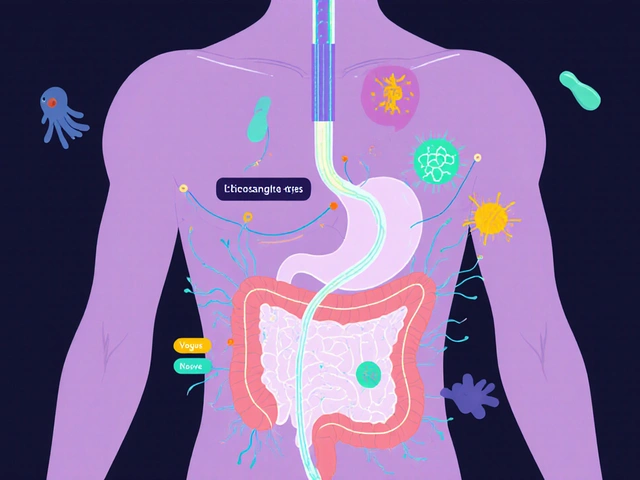Dehydration: What It Is, Why It Matters, and Its Link to Everyday Meds
When dealing with dehydration, the body's loss of water and essential salts that throws off normal function. Also known as fluid deficiency, it can creep in from a hot day, a bout of diarrhea, or even a medication that makes you pee more. Most people think it’s just a mild thirst, but the reality is that even a small fluid shortfall can spark headaches, fatigue, and a shaky heart rate. Recognizing the signs early lets you act before the problem cascades into something bigger.
One of the first dominoes that falls is electrolyte imbalance, a disruption of the body’s salt levels that can cause cramps, confusion, and irregular heartbeat. When you lose water fast—as you do with a vigorous workout, a fever, or a severe infection—your sodium, potassium, and magnesium can swing out of range. That swing doesn’t stay isolated; it directly influences kidney function, the organs that filter blood, balance fluids, and excrete waste. Kidneys need a steady flow to flush toxins; without enough fluid, they work harder and can get injured, which is why chronic dehydration shows up in conditions like kidney stones or worsening chronic kidney disease. Certain drug classes make this chain even more likely. SGLT2 inhibitors, diabetes medicines that increase urinary sugar loss and pull extra water out of the body are a prime example. They help lower blood sugar, but they also push extra fluid through the kidneys, raising the risk of dehydration, especially if you’re also sweating a lot or have a stomach bug. Other meds—diuretics for blood pressure, some antibiotics, and even over‑the‑counter antihistamines—can have the same effect. Knowing which pills you’re on helps you plan extra water intake and watch for red‑flag symptoms.
Why This Matters for Everyday Health Topics
Dehydration isn’t just a standalone issue; it weaves into many of the health topics you’ll see in the articles below. For instance, urinary tract infections can worsen dehydration by causing fever and frequent urination, while chronic diarrhea drains fluids and electrolytes fast, amplifying the same risks. Gout attacks, alcohol‑induced urinary leakage, and even severe stomach pain often have a dehydration component that can aggravate pain and delay recovery. Understanding how fluid loss interacts with these conditions lets you read the symptom clues more clearly and choose the right preventive steps—like sipping oral rehydration solutions after a bout of diarrhea or adjusting medication timing during hot weather. By the time you finish reading this intro, you’ll have a clear mental map: dehydration leads to electrolyte imbalance, which strains kidney function, and several common medications can tip the balance. The posts that follow dive deeper into each of those links—whether it’s how a specific drug compares, what side effects to watch for, or practical tips to stay hydrated during illness. Armed with that context, you can spot the signs early, adjust your fluid habits, and make smarter choices about the medicines you take.

Gout and Dehydration: Why Hydration Matters for Managing Gout
Learn why staying hydrated is crucial for gout management, how dehydration raises uric‑acid levels, and practical water‑intake tips to prevent painful attacks.
View More




